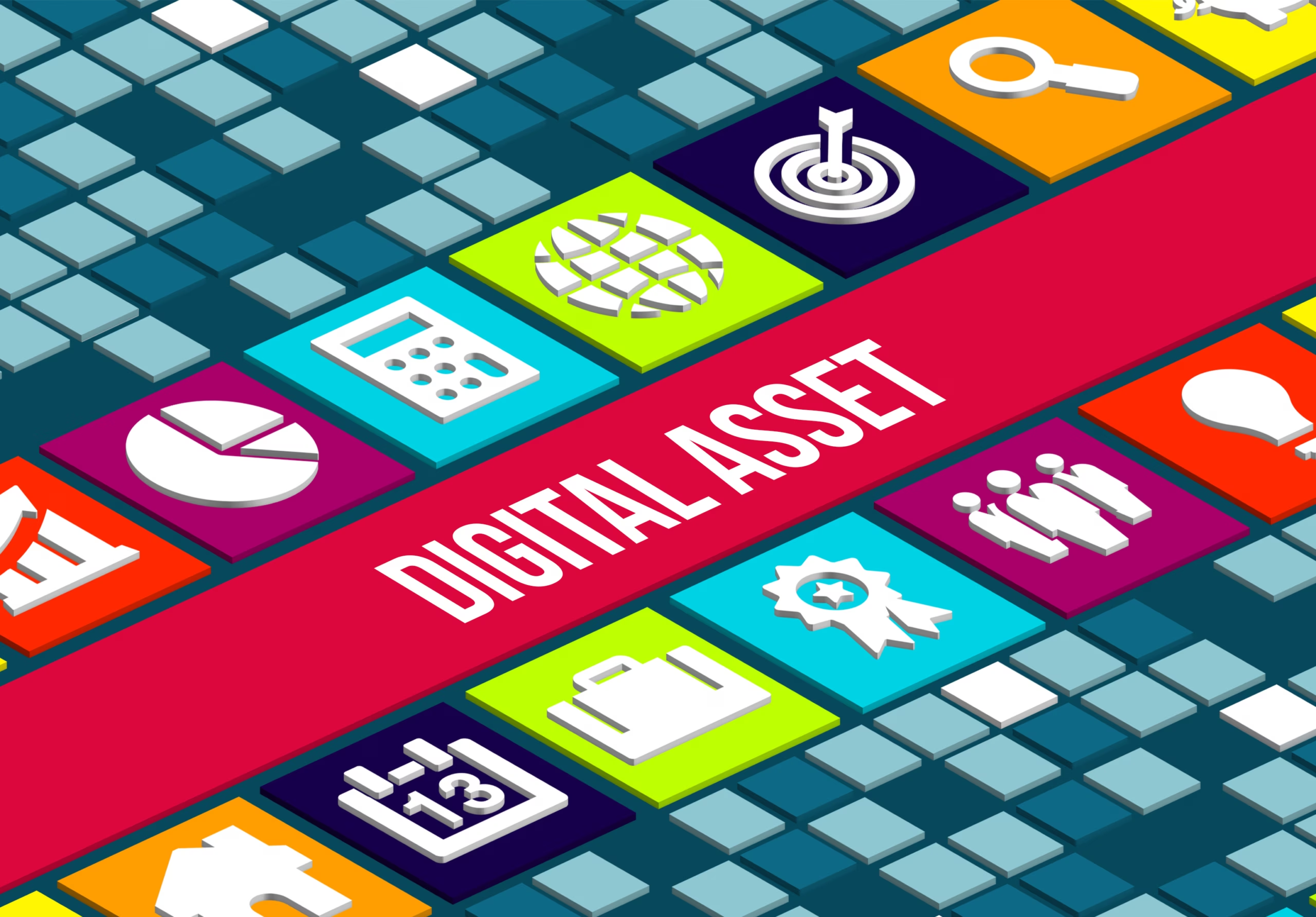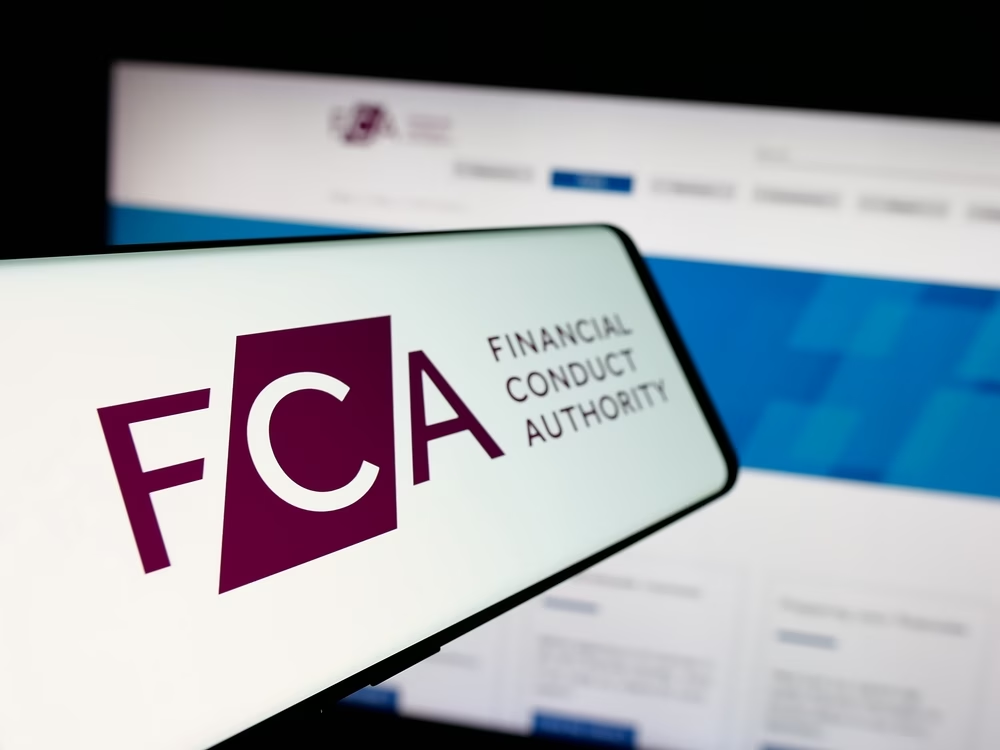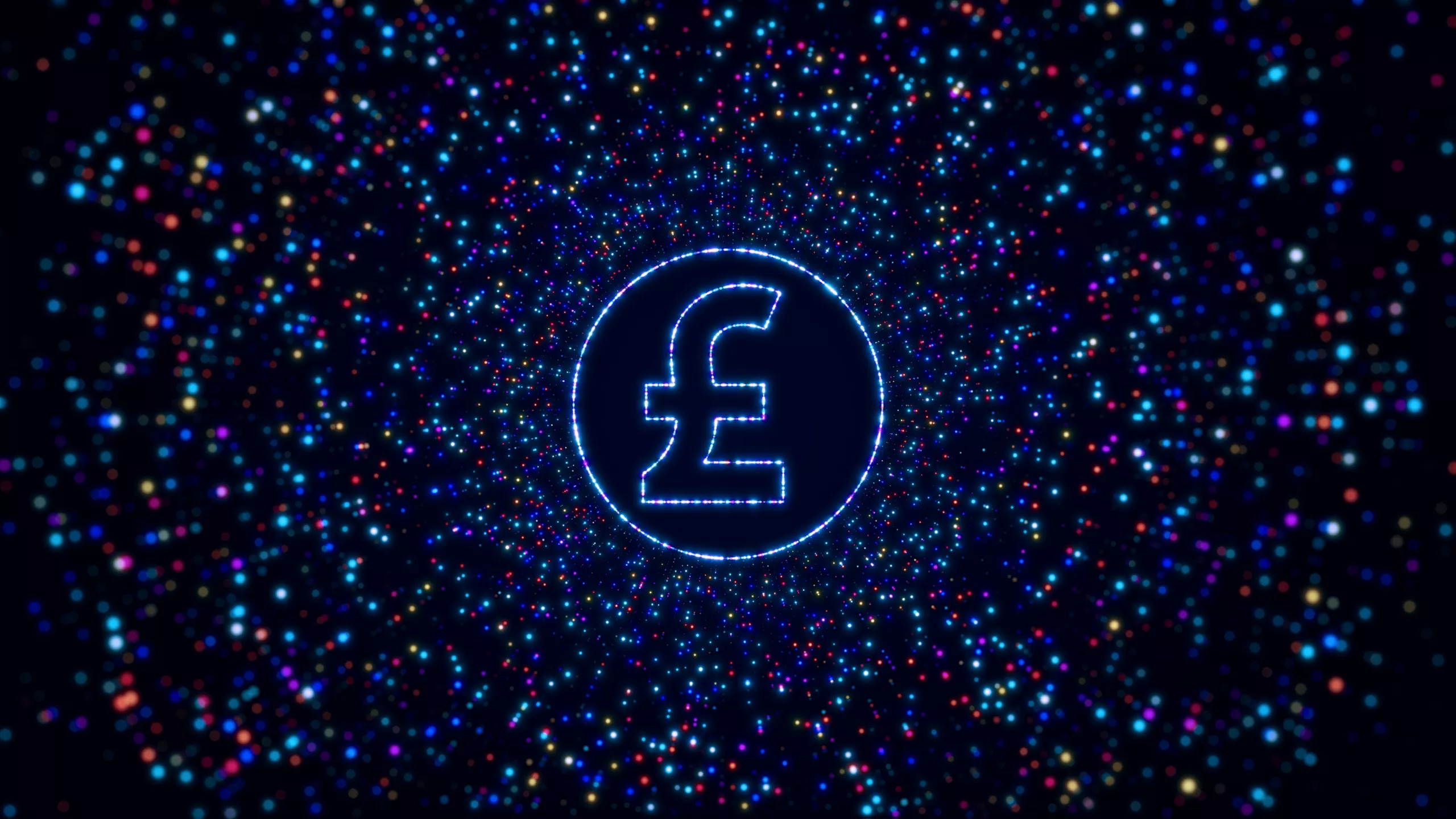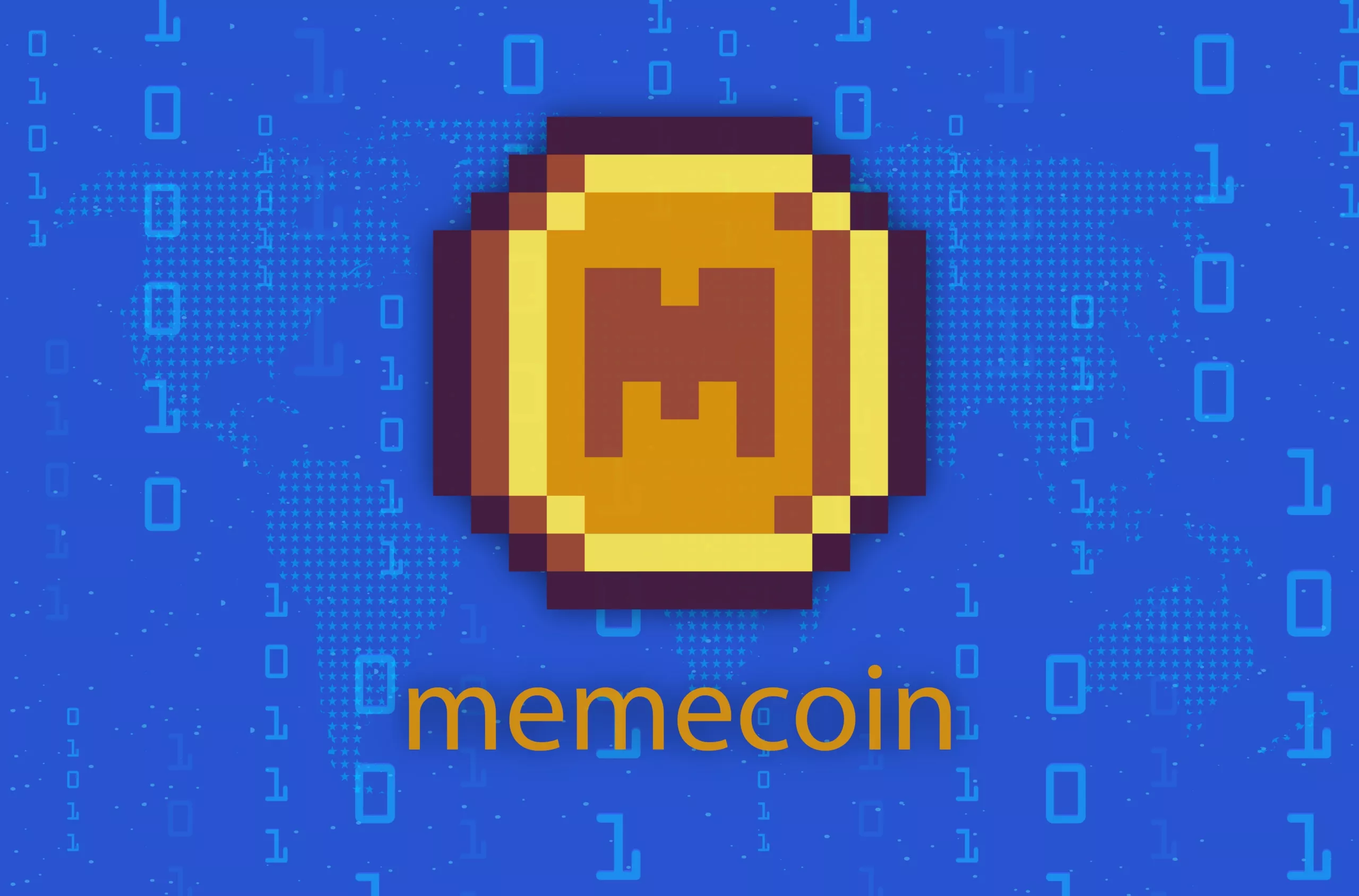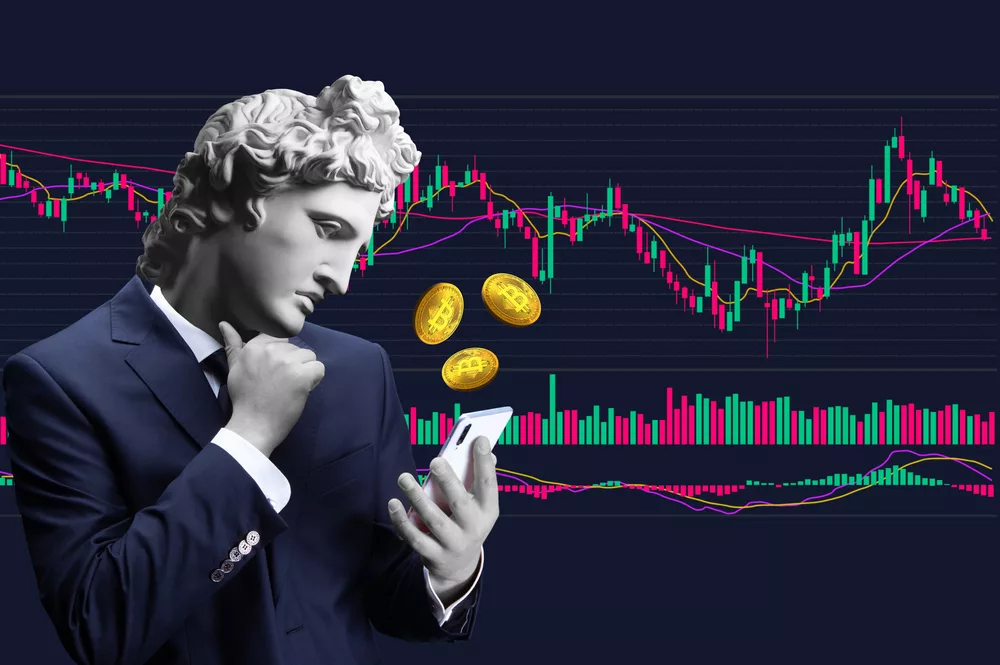
The world of finance is being reshaped by tokenization, where traditional assets like real estate, artwork, and commodities get a digital makeover. By converting these assets into tradeable tokens residing on a blockchain, tokenization offers exciting benefits: increased liquidity, the possibility of owning just a fraction of a valuable asset, and access to markets previously closed to most investors.
But where excitement leads, legal complexities surely follow. If you’re exploring tokenized real-world assets (RWAs), understanding the regulatory landscape and the particularities of English law is paramount for success and protection.
What Exactly Does “Tokenization” Mean?
Simply put, tokenization transforms ownership rights of a real-world asset into digital tokens that live on a blockchain. Think of these tokens as virtual shares in the underlying asset. Because of the blockchain’s inherent qualities, these tokens can be easily bought, sold, or even divided into smaller units. Essentially, tokenization makes investing in traditionally less-accessible assets easier and more democratic.
Legal Hurdles to Clear
Regulations Galore: Depending on their structure, tokenized assets might be considered securities. In England, that means strict compliance with rules set forth by the Financial Conduct Authority (FCA). This includes things like detailed disclosures to potential investors and rules about how tokens are offered and traded.
Fighting Financial Crime: Regulations aimed at curbing money laundering (AML) and ensuring platforms know their customers (KYC) are crucial in the tokenized world. Platforms must have robust systems in place to prevent criminal activity from slipping through the cracks.
Keeping Markets Fair: Staying on the right side of market abuse regulations is a must. This protects investors by putting safeguards against things like insider trading and market manipulation.
Property Rights and International Complexities
Who Owns What? When dealing with assets like real estate, figuring out how those ownership rights translate into the token world is vital. English property law, with its registration requirements and focus on proper contracts, adds another layer that must be carefully navigated.
Intellectual Property Matters: If you’re tokenizing things like patents or copyrights, clearly defining the rights associated with these tokens is crucial to avoid disputes.
Going Global Brings Challenges: Tokenization often spans borders. This raises questions about which country’s laws apply should issues arise, and how disputes between investors in different places will be settled.
Smart Contracts: Legally Binding Code
Smart contracts (self-executing code on the blockchain) often underpin tokenized assets. While the basics of English contract law apply, there are open questions. Who’s liable if something goes wrong? How are smart contracts interpreted by the courts? These are uncharted waters.
The Way Forward
Tokenizing real-world assets could change the face of investing, but success hinges on understanding the legal complexities. Legal professionals are indispensable to ensure compliance, protect property rights, and handle the cross-border issues that come with global markets.
The tokenized asset space is where innovation meets old-school laws. As regulations catch up with the technology, staying informed and working closely with legal and financial experts is the safest way to reap the benefits of this financial revolution in England.

Table of content
Recent Posts
Can You Put Digital Assets In A Trust? – How To Protect Your Digital Estate
In an era where our lives are increasingly played out [...]
Securing Legal Immigration Status After 20 Years in the UK
Gaining lawful immigration status after spending two decades in [...]
UK’s FCA Update: Stablecoins & Crypto Custody
The world of money is changing fast, and nowhere [...]

